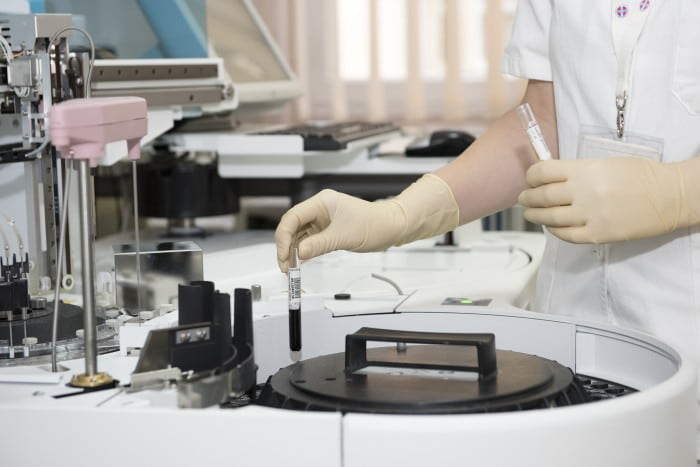
So you decided to give a niche business a shot and actually open your own chemical lab enterprise? While it might sound like a strange decision, this kind of work allows you to fill up a small, empty niche in a very specific market. And while it may sound fancy, or academic, or something straight out of a movie, know that starting your own laboratory is basically like any other business. Read on to find out exactly what we mean.
Get a good plan going
As we’ve said – this is like any other business. And a good business needs a business plan. You need to know what your budget is, you need to set goals and think about how you are going to accomplish them.
You need to think about your marketing strategy, who your target audience is, how will you present yourself to the world. Then, general costs and expenses need to be calculated. When do you want to break even – after three months, six, nine, a year, five years? These are questions you need to answer if you want to actually see success.
Check out the competition
Achieving success means understanding the market and knowing where you stand. Keeping an eye on the competition is a vital part of this job. Ask around, do some research, and see just how many chemical laboratory businesses there are in your area.
Once you have figured out who are your main competitors, you need to see what they have to offer. What makes them special? What allowed certain competitors to stay in business for so long, while others have failed and filed for bankruptcy after a year or two? Was it poor organization, low demand? Were they too expensive, or too cheap? Get an idea of what you can offer to your customers that will help you stand out.
Get good gear
A chemical laboratory business hinges on its equipment. You need to make a sizable investment in gear, storage, containers, proper equipment, machines, testing apparatus… Furthermore, you need things like chairs, desks, supplies, simple things that allow your employees to do their work comfortably. And of course, safety goggles, protective gear, things of this nature are also vital.
Also, try not to go cheap. Science demands precision, and poorly made equipment just leads to poor results and dissatisfied customers. Anything, from a basic beaker to a full sized, high-quality cleanroom, matters if you want to provide high quality results. The work you’re doing needs to be protected for environmental hazards with the latter, but it’s all for naught if a container cracks, spills, or contaminates samples.
Good staff
Just like any business, you need good people to have your back. A team of professionals who are passionate about their work, who are trained properly, and who have years of experience (or a strong willingness to learn). People with the appropriate education are vital, as is their character and work ethic.
Start looking for people, perform background checks. See if they have any experience in the field, and to what extent. And don’t just do this for your researches and lab technicians – do it for every single employee you hire, form your secretary, to your cleaning staff.
Don’t forget about location
Now, for this specific notion you are in luck. Namely, a chemical laboratory business is a very specific and niche venture. This means that your actual location doesn’t really matter that much. You don’t need a place with high foot traffic or exposure. Being close to a hospital or private medical practices can be useful, but you can basically save some money and find a location with relatively cheap rend and expenses.
Continual education
You should educate yourself about this business as much as possible. Now, this doesn’t just entail the chem lab part of the deal. Rather, you also need to educate yourself on how to be a good manager, how to run a business. Learning about the industry itself is also vital. You most likely have experience in this field, or a related one. However, you need to have knowledge about the broader scope of things. You need to learn how things are run outside of the lab, not only within one.
Go out and talk to other experts in this field, get a feel for the industry itself. What are the prices like? What kind of marketing systems generate the best responses from your target audience? Who is your target audience?
Conclusion
Starting your own laboratory business is just like starting any other company. You need to know where you are going, what your goals are. Then, you need to know how you want to achieve those goals. What kind of strategy will you adhere too? Next, keeping an eye on your competitors is also important. See what they are doing right, see what they are doing wrong. Keep yourself educated about your industry, keep your staff safe, and you should see results fast.
